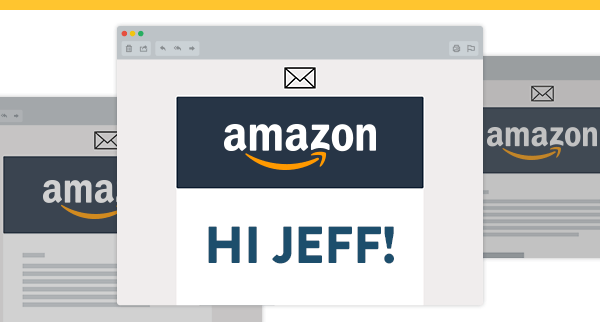 The Ministry of Common Sense is (almost) here : Jan 2021
The Ministry of Common Sense is (almost) here : Jan 2021

Yesterday, I spent time with a bunch of American executives running a Fortune 100 company. During our workshop, one executive revealed that every day his inbox would receive 900 or more emails. He wasn’t alone – to my surprise, most in the room were subject to the same painful daily experience. In fact, a friend of mine, when returning from her recent two-week break – opened up her inbox only to discover that it had ballooned to over 10,000 unread emails. And that was after the spam filter had been in action.
Likely you’ve been experiencing a similar data overload. According to a Pew study, the amount of data generated the two last years alone exceeds the amount of data produced in the prior history of our species. The natural reaction to this has been to delete emails en masse or incorporate more big data solutions into our lives and businesses.
But with that comes a major downfall.
Our intuition is in danger of disappearing. Intuition is an accumulation of our experiences over a lifespan squeezed into one quick thought, action or determined decision which we consciously cannot articulate – we just feel it is right. But how can we train our intuition when every piece of knowledge we have today is increasingly outsourced to a cloud? We barely try to do any processing for ourselves. I mean – how often over dinner recently have you asked a question only to have it answered seconds later by somebody’s phone – the answer served on a silver platter, straight from the cloud, instead of developing from a rich conversation that could leave all parties more informed?
As everything has become accessible with just one click or tap we’ve slowly diminished our own understanding of any of it and eroded our emotional radar for those tiny fragile signals, what I call small data, which time after time are likely to tell more than billions of data points together.
As Jeff Bezos, said earlier this week with the Amazon financial statement: “You do need the data, but then you need to check that data with your intuition and your instincts. And you need to teach that to all the senior executives and junior executives, too”.
The problem is that intuition no longer is fashionable – big data is. And, sure, big data holds amazing potential, but far too often the concept is used to wash hands rather than truly transform a company. Don’t forget – big data is all about seeking correlation – but how can you make decisions without knowing the causation first, the reason why – in short, the small data?
But what’s fascinating with Bezos’ financial statement this week – is exactly that. Sitting on one of the most comprehensive datasets in the world, holding the data of more than 300 million customers transactions, topped up with Whole Foods, Zappos, Washington Post… one would think that Amazon is born and bred on big data – but even here, in the data capital of the world, what distinguishes Amazon is small data. “The thing I have noticed is that when the anecdotes and the data disagree, the anecdotes are usually right. There is something wrong with the way that you are measuring it,” Bezos said.
As everyone battles to install big data solutions, Amazon has kept a lifeline back to reality intact. The company is proof that data is a wonderful tool but one that needs a counterbalance – in this case, our intuition.
For Amazon that lifeline is ‘jeff@amazon.com’ – Bezos’ touchpoint with reality offering a steady stream of input to the founder – small data which are quickly distributed to his staff. You can bet Jeff Bezos receives just as much email as you or the beleaguered executives I mentioned before, the difference is that he still finds a way to contextualize it and add it to the big picture.
It has kept Amazon on top and created the right balance between small and big data, which is so desperately needed. Can I ask… what’s your lifeline into reality?